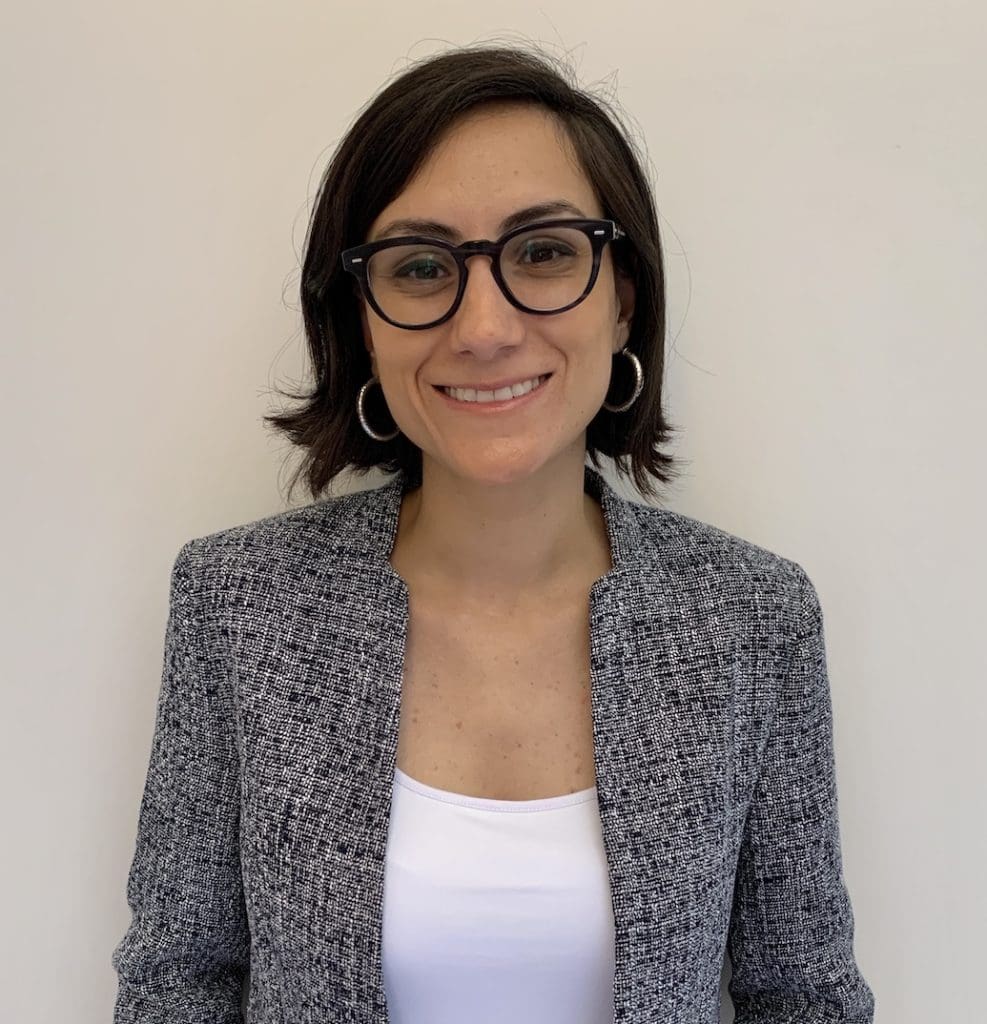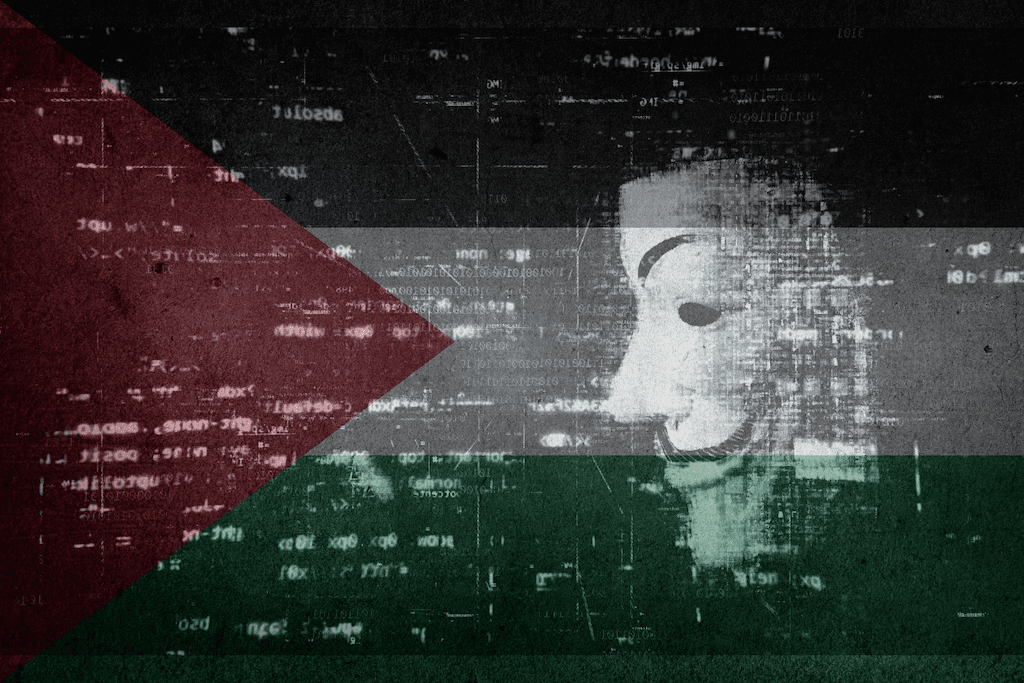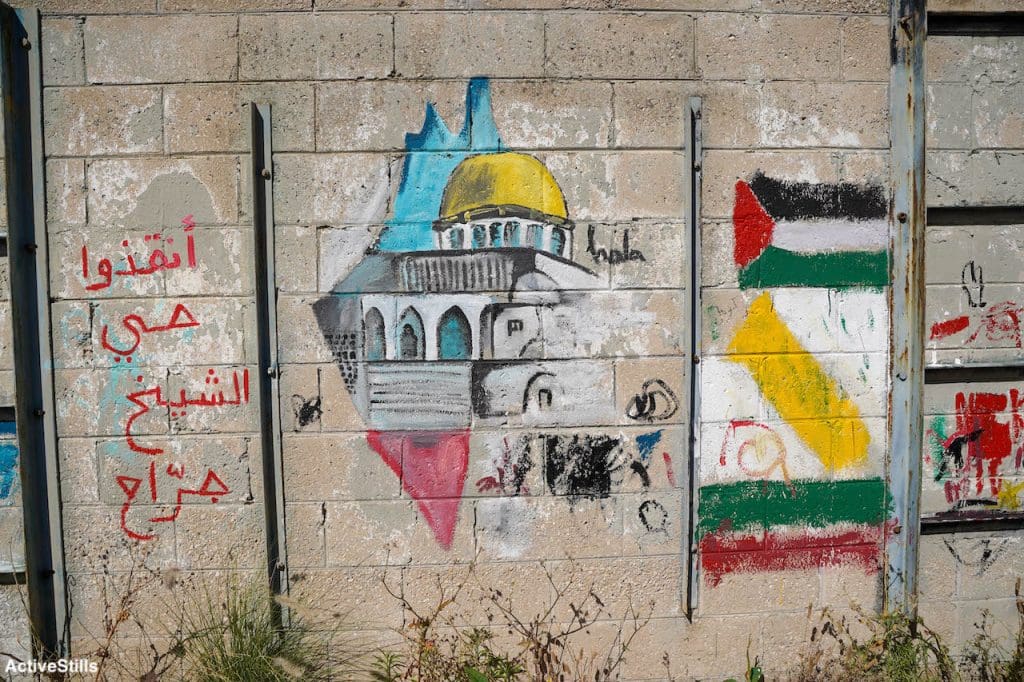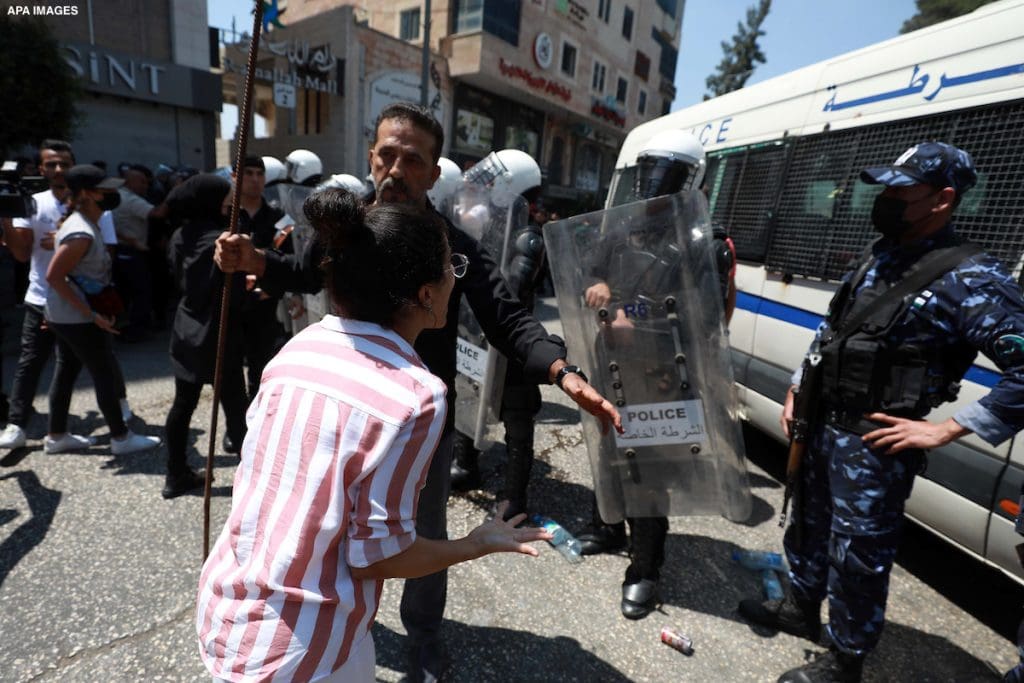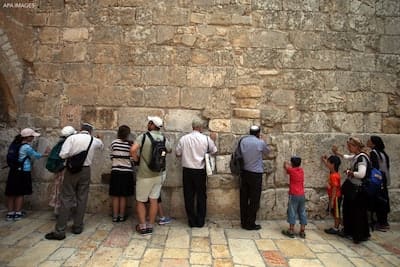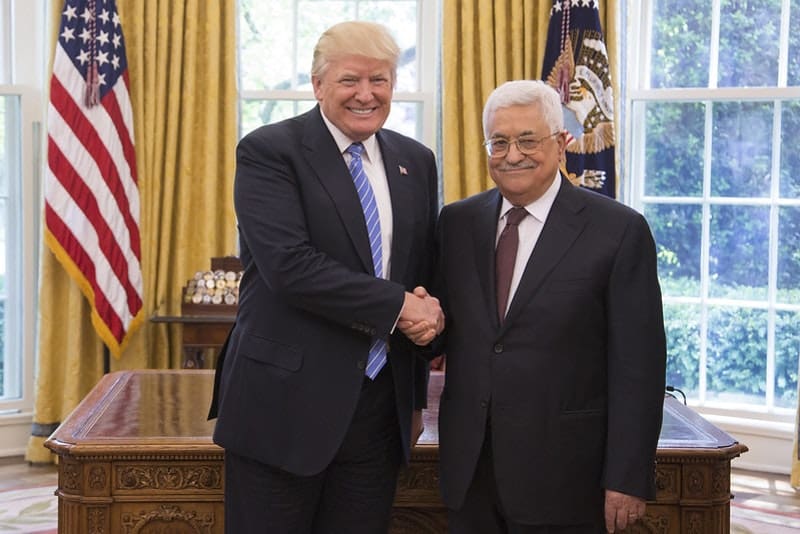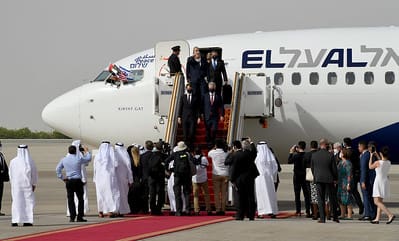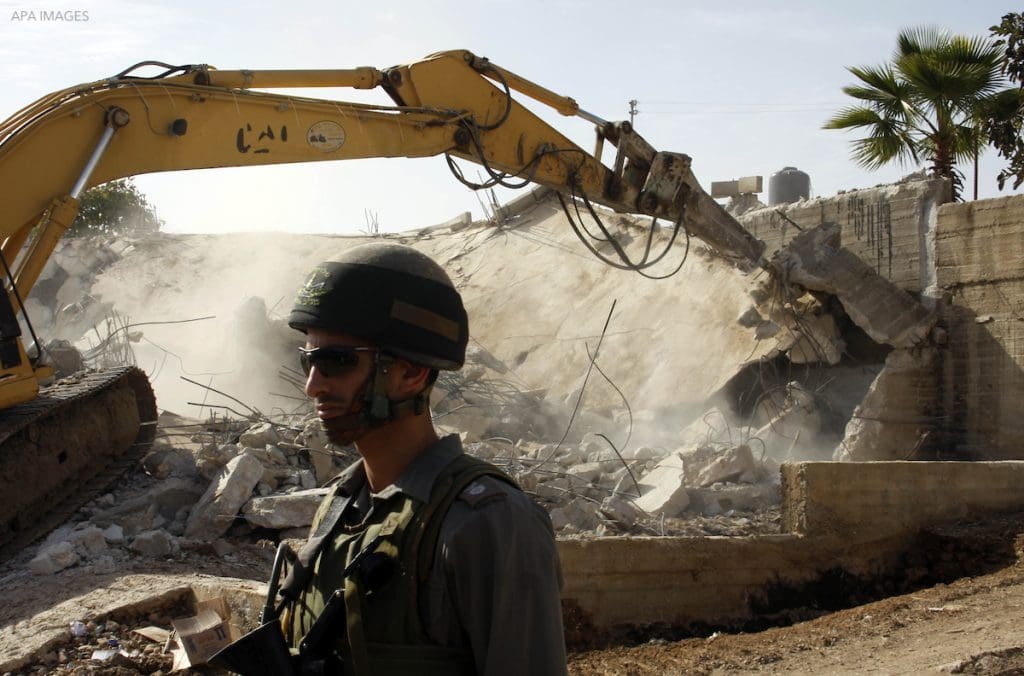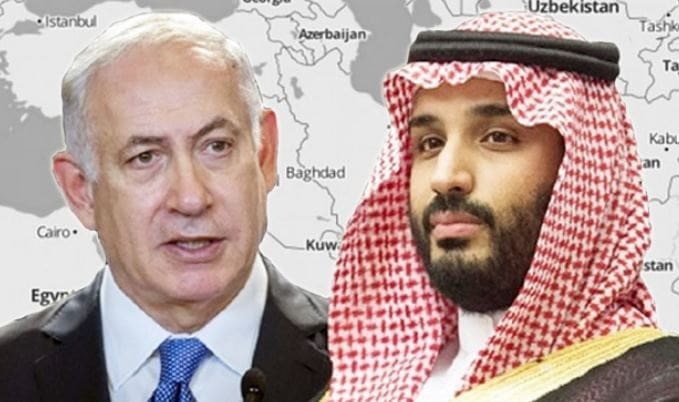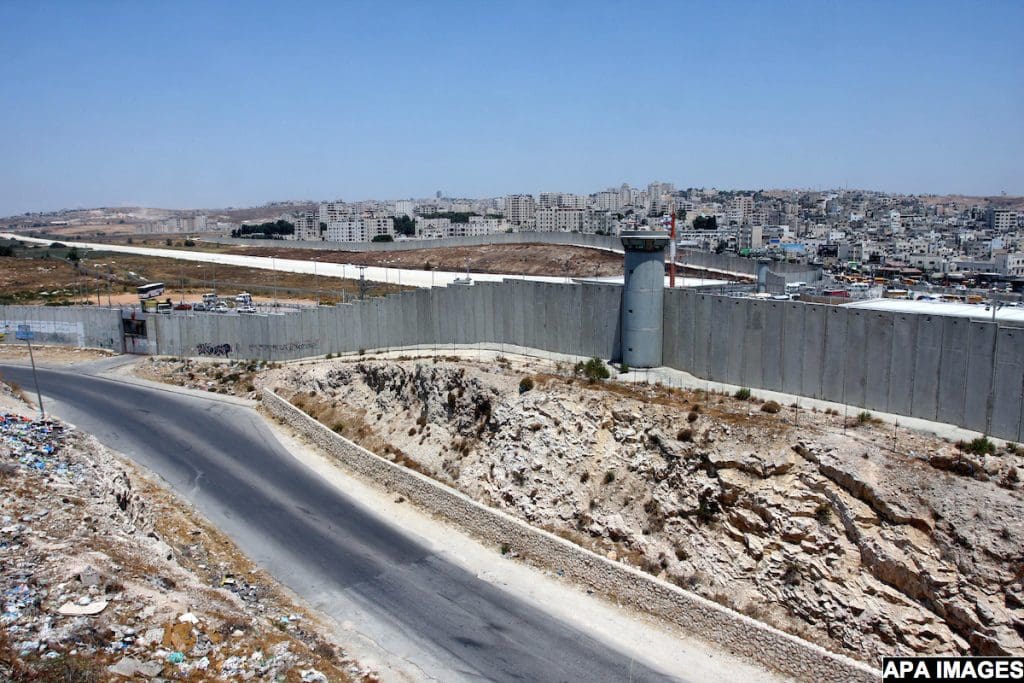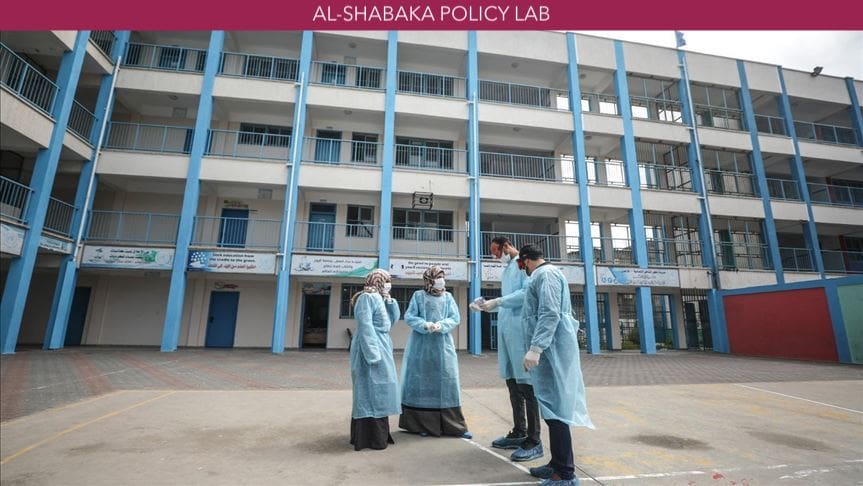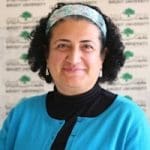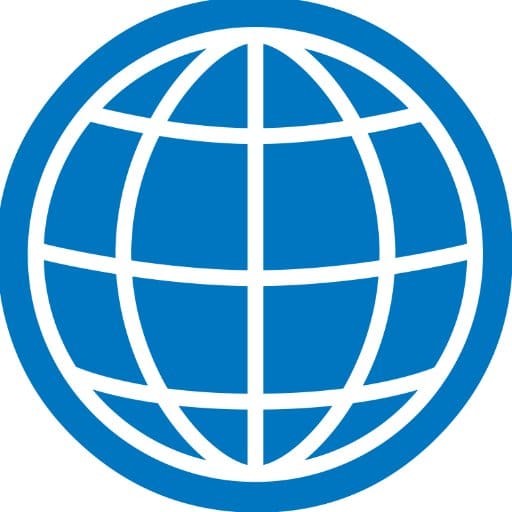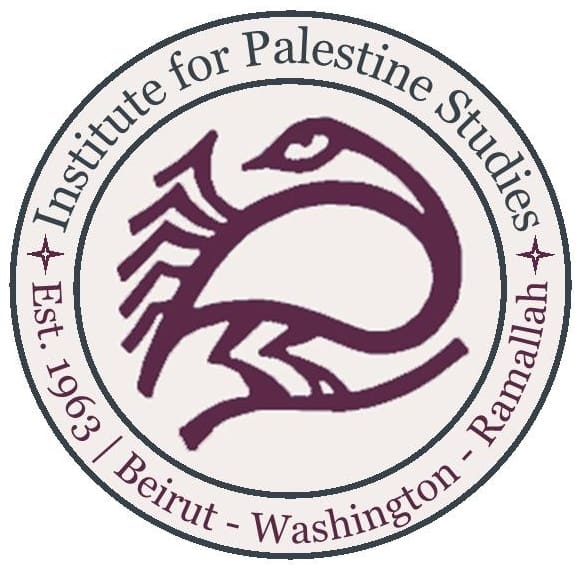Nur Arafeh is a Fellow at the Malcolm H. Kerr Carnegie Middle East Center, in Washington DC, where her work focuses on the political economy of the MENA region, business-state relations, peacebuilding strategies, the development-security nexus and the Palestinian-Israeli conflict. She previously served as Al-Shabaka’s Palestine Policy Fellow between 2015 and 2017, worked as an Associate Researcher at the Palestine Economic Policy Research Institute (MAS), and as a Visiting Lecturer of Economics at Al-Quds Bard College. Nur has also consulted for several Palestinian and international organizations, on issues related to development policies, the Sustainable Development Goals (SDGs) and socio-economic policy analysis. Her commentaries have appeared in English, Arabic and French in The Guardian, Le Monde Diplomatique, Al-Jazeera, and Al-Akhbar, among other outlets. Nur holds a doctorate in International Development as a Rhodes Scholar from the University of Oxford, a Master’s in Development Studies from the University of Cambridge, and a dual-BA degree in Political Science and Economics from Sciences Po Paris and Columbia University.”
From this author
The arrival of new digital technologies over the past decade has had critical implications for Palestinian activism. On the one hand, these developments have reinvigorated the Palestinian cause. Indeed, social media platforms have facilitated new channels and modes of social organization, helping Palestinians counter their geographic fragmentation under Israeli apartheid.
Jerusalem continues to lie at the center of political developments in Israel’s ethnic cleansing of Palestinians, and in the shifting landscape of US and EU foreign policy toward Palestine and the Israeli regime.
Punctuated by the outbreak of the Unity Intifada in May 2021, the trajectory of Palestinian resistance is experiencing a watershed phase marked by new actors and themes. With the effective neutralization of the Palestinian Liberation Organization (PLO) since the 1993 Oslo Accords, the deepening geopolitical fragmentation of Palestinians across colonized Palestine and the world, and the global shift to cyberspace, new opportunities — and threats — to Palestinian resistance have emerged.




+
Sam Bahour,Rana Barakat,Mary Nazzal-Batayneh, + MoreOroub el-Abed,Nadia Hijab,Victor Kashkoush,Anis Kassim,Osamah Khalil,Mouin Rabbani,Jamil Hilal,Loubna Qutami,Haidar Eid,Yara Hawari,Nadim Nashif,Raya Naamneh,Omar Barghouti,Marwa Fatafta,Tariq Dana,Hatem Bazian,Noura Erakat,Alaa Tartir,Issam Younis,Nada Awad,Nur Arafeh,Diana Buttu,Ingrid Jaradat Gassner· Aug 26, 2021
The role of tourism in advancing Israel's settler colonial project dates back to the arrival of Zionists in Palestine.


Over the past four years, the Trump administration has enacted major long-term changes to US policy vis-à-vis Palestine. What possibilities lie ahead for the next administration to either expand or reverse this trajectory, and how can Palestinians leverage their power to influence future decision-making?
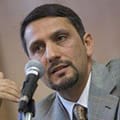


Have Arab states abandoned the Palestinian people? In this policy lab, Al-Shabaka analysts Tareq Baconi and Ibrahim Fraihat join host Nur Arafeh to weigh in on the historical understanding of normalization, implications of the UAE-Israel agreement and other normalization developments across the region, and ways forward for Palestinians in light of these changing dynamics.

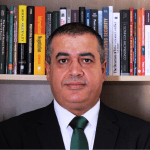

In his July 2020 report to the UN Human Rights Council, Special Rapporteur S. Michael Lynk asserts that "Israel continues to rely upon collective punishment as a prominent instrument in its coercive toolbox of population control."



Normalization relations between Israel and the Arab countries have become clearer and more acceptable than ever before. How has normalization changed over the decades, and what does it look like today? In the upcoming Policy Lab, Al-Shabaka analysts Dana Al-Kurd and Oraib Al-Rantawi will join host Nour Arafa to discuss the stages of development of normalization and its repercussions on the Palestinian struggle and on the citizens of normalizing countries.


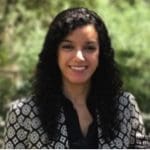
Netanyahu has pledged to begin annexing parts of the West Bank as soon as next month. What are the implications of such a move, and what can be learned from Israel’s previous annexations of Jerusalem and the Golan Heights?



The COVID-19 pandemic has reached Palestine, and in doing so has brought to the surface latent power structures that render Palestinians particularly exposed to the virus.








